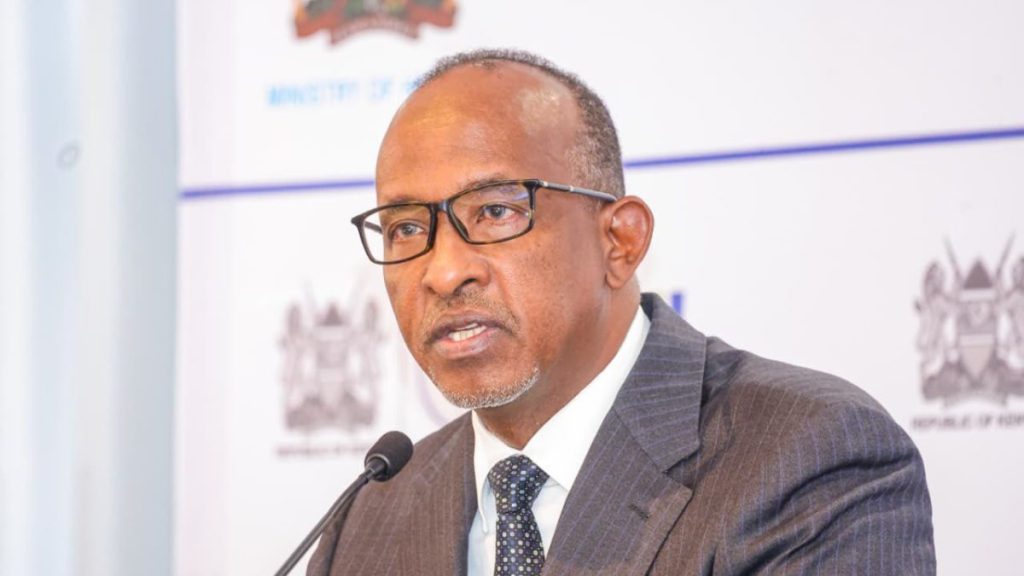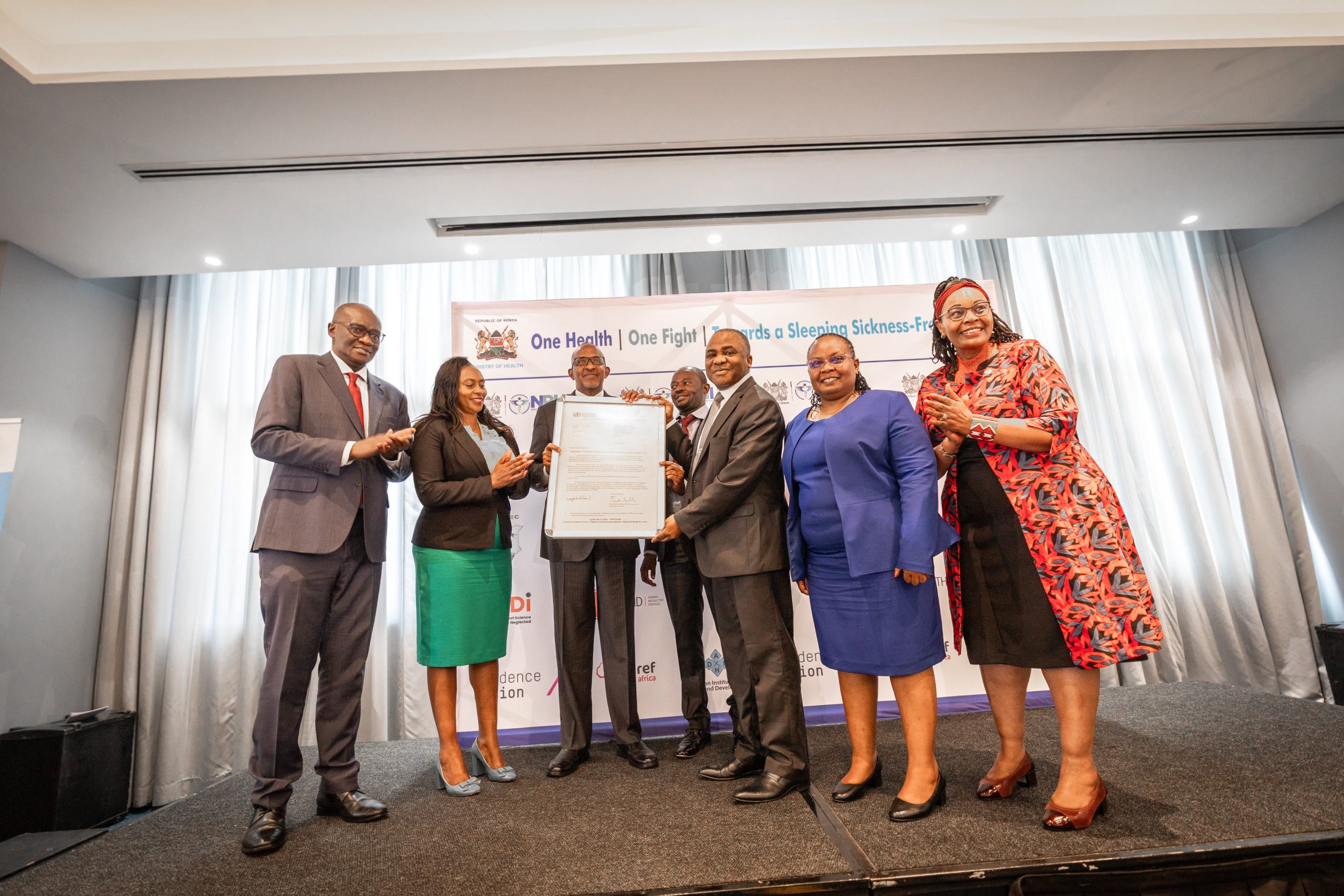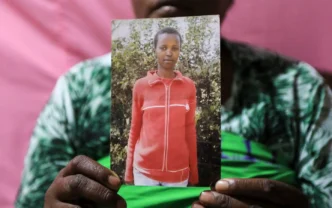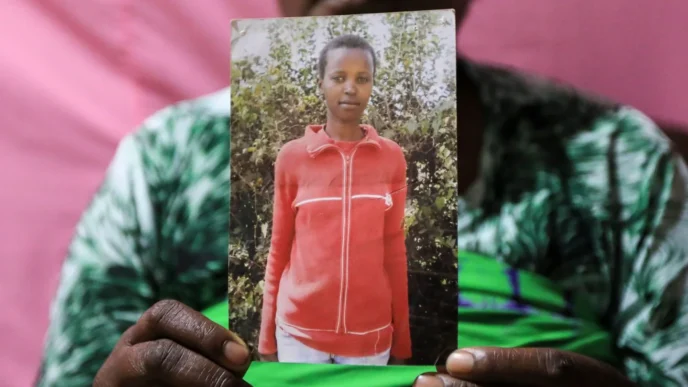Kenya has officially eliminated sleeping sickness as a public health concern, the World Health Organisation announced on Friday, making it the tenth African nation to reach this milestone.
The disease, medically known as human African trypanosomiasis (HAT), remains endemic in sub-Saharan Africa and is typically fatal without treatment, according to the WHO.
Sleeping sickness is transmitted to humans by tsetse flies carrying the Trypanosoma brucei parasite, which they acquire from infected humans or animals.
Those living in rural areas who rely on farming, fishing, livestock rearing, or hunting are considered most vulnerable to the disease.
WHO Director-General Tedros Adhanom Ghebreyesus praised Kenya’s accomplishment, saying, “I congratulate the government and people of Kenya on this landmark achievement.”

“Kenya joins a growing list of countries freeing their populations from HAT, marking another important step towards eliminating neglected tropical diseases across Africa.”
The parasite can penetrate the blood-brain barrier, affecting the central nervous system. It is at this stage that symptoms become more apparent, including behavioural changes, confusion, sensory problems, and poor coordination.
The disrupted sleep pattern, which lends the illness its name, is a hallmark symptom.
Kenya’s first recorded cases of sleeping sickness date back to the early 1900s.
Alongside Kenya, the countries that have eliminated sleeping sickness as a public health problem include Benin, Chad, Equatorial Guinea, Ghana, Guinea, Ivory Coast, Rwanda, Togo, and Uganda.


 Trending
Trending 



